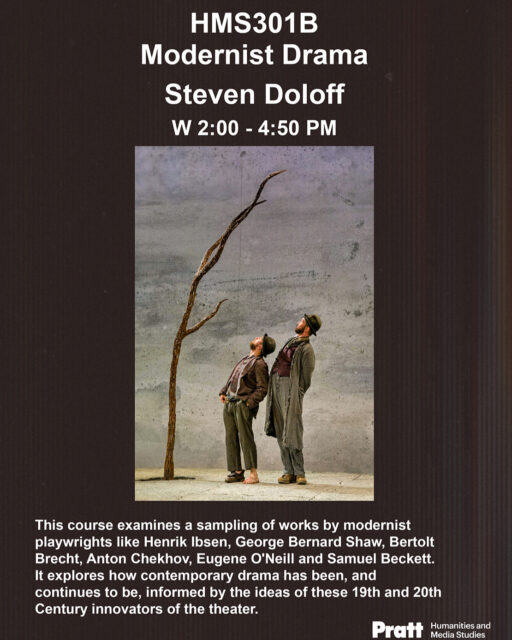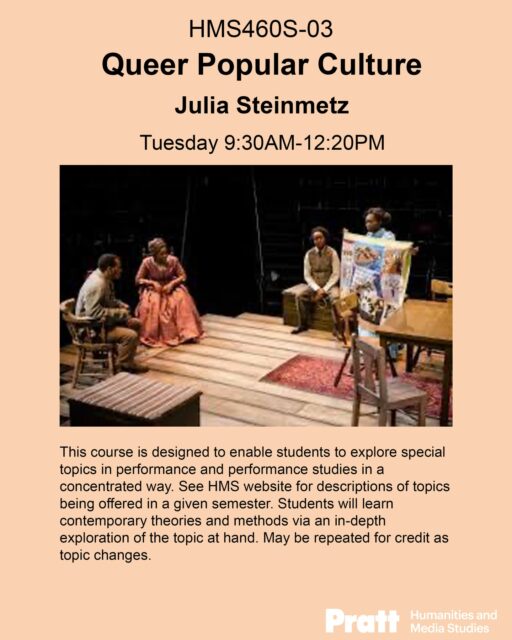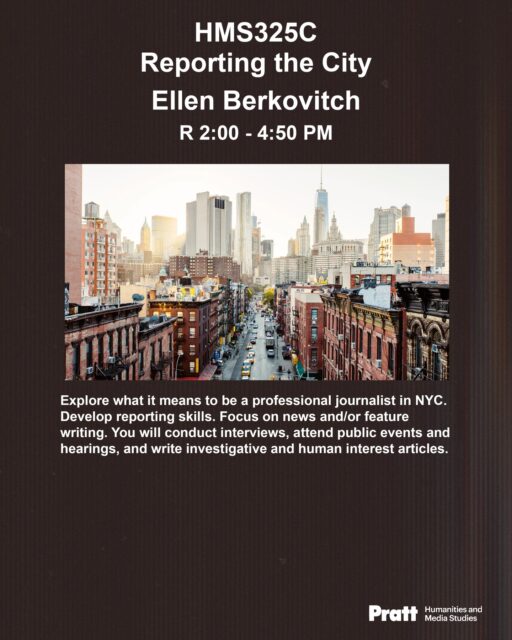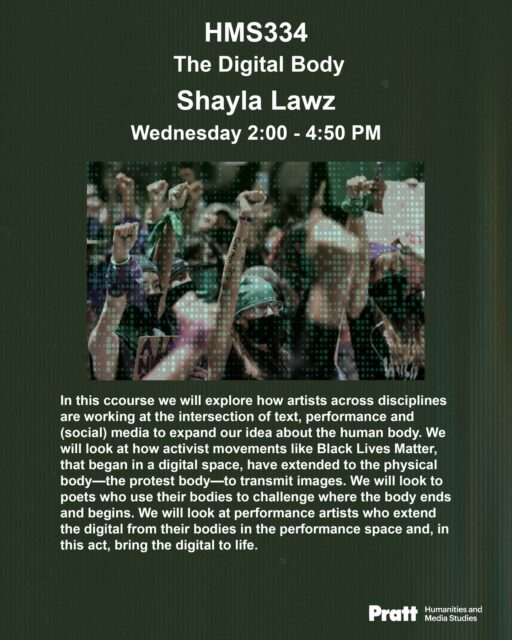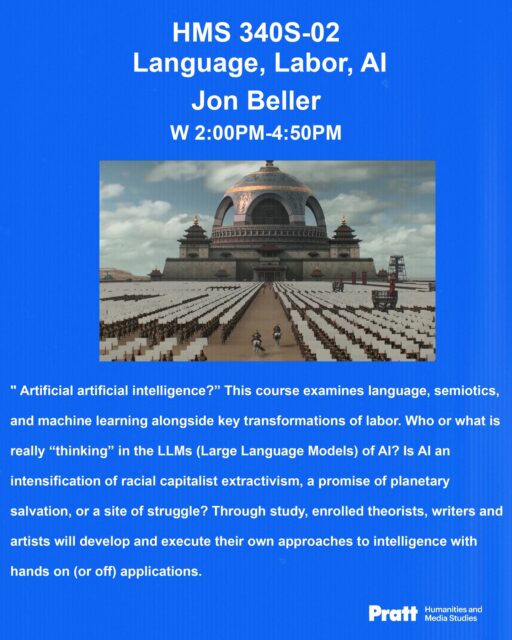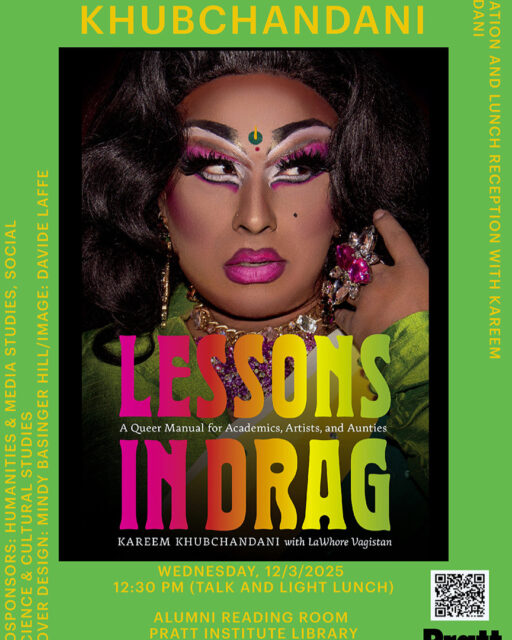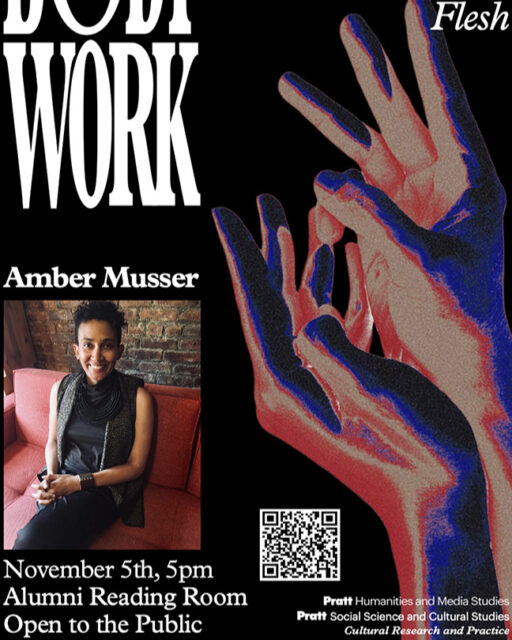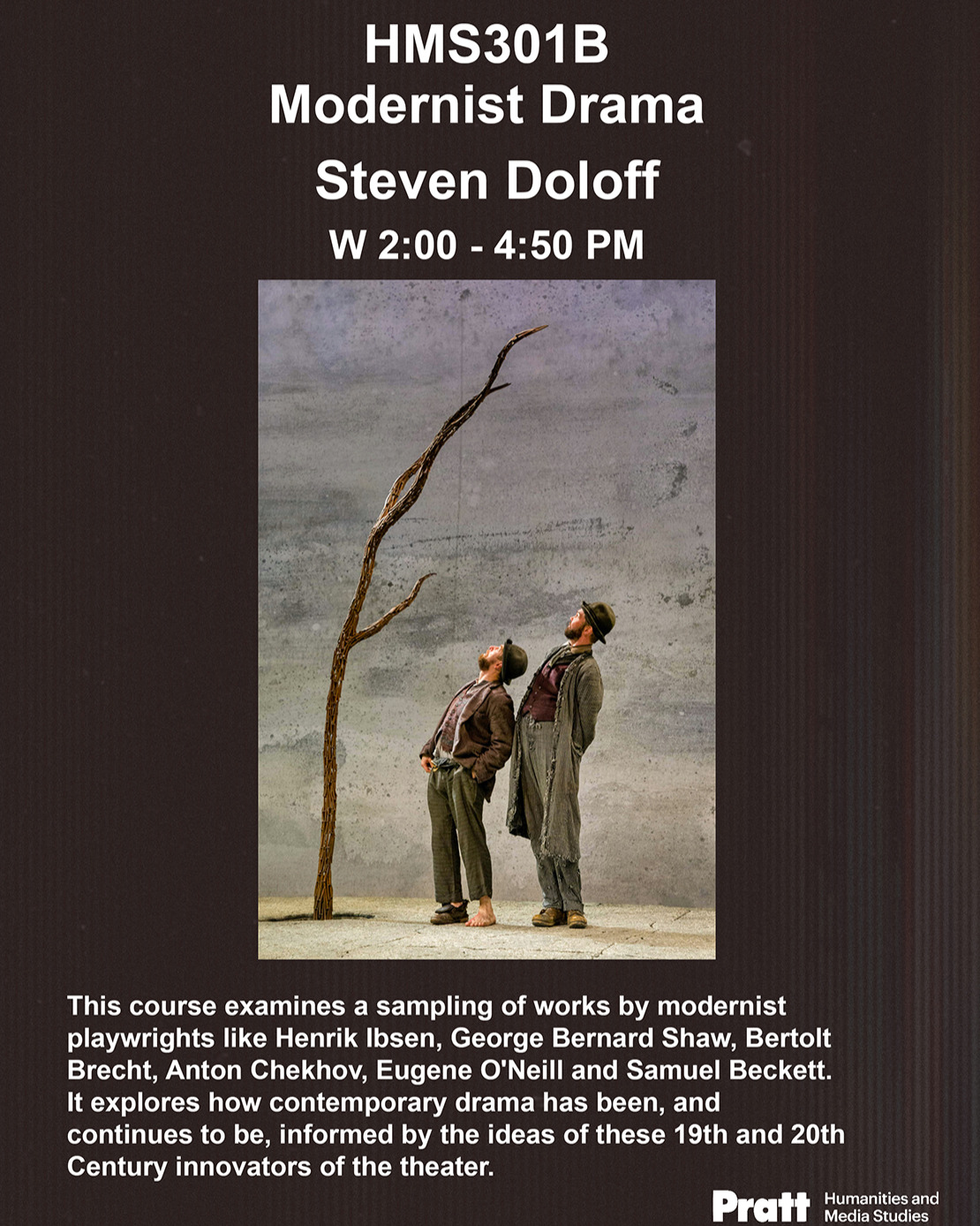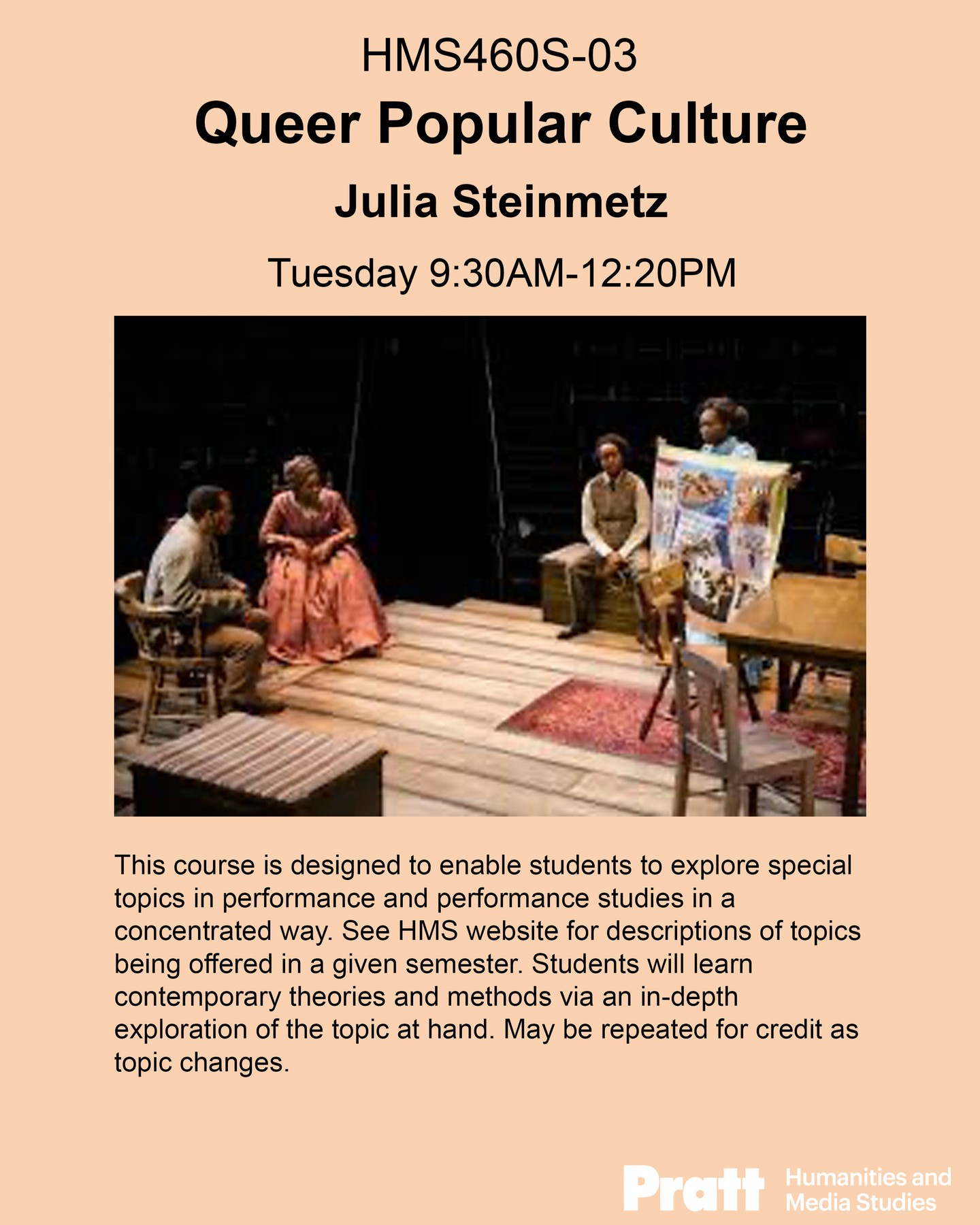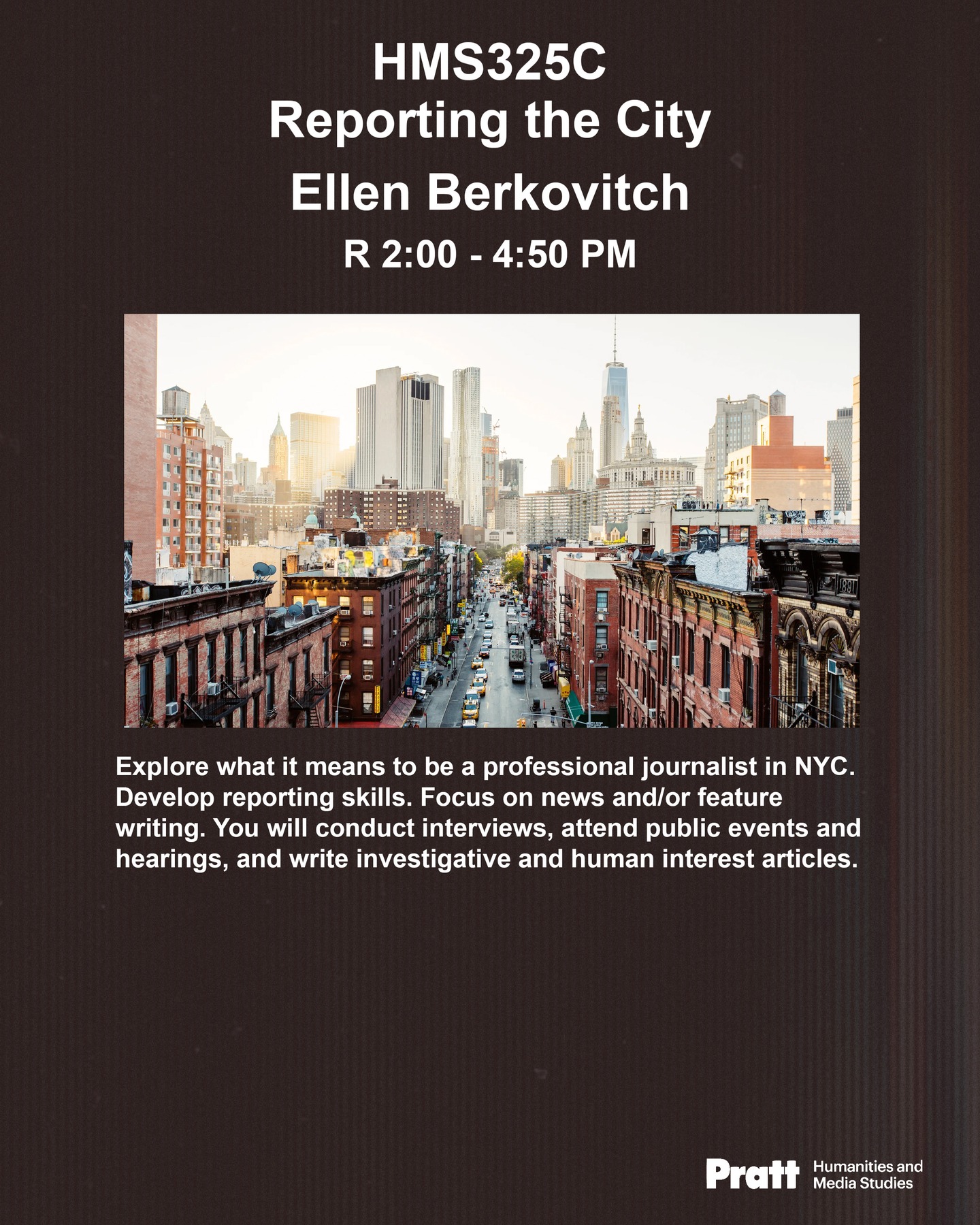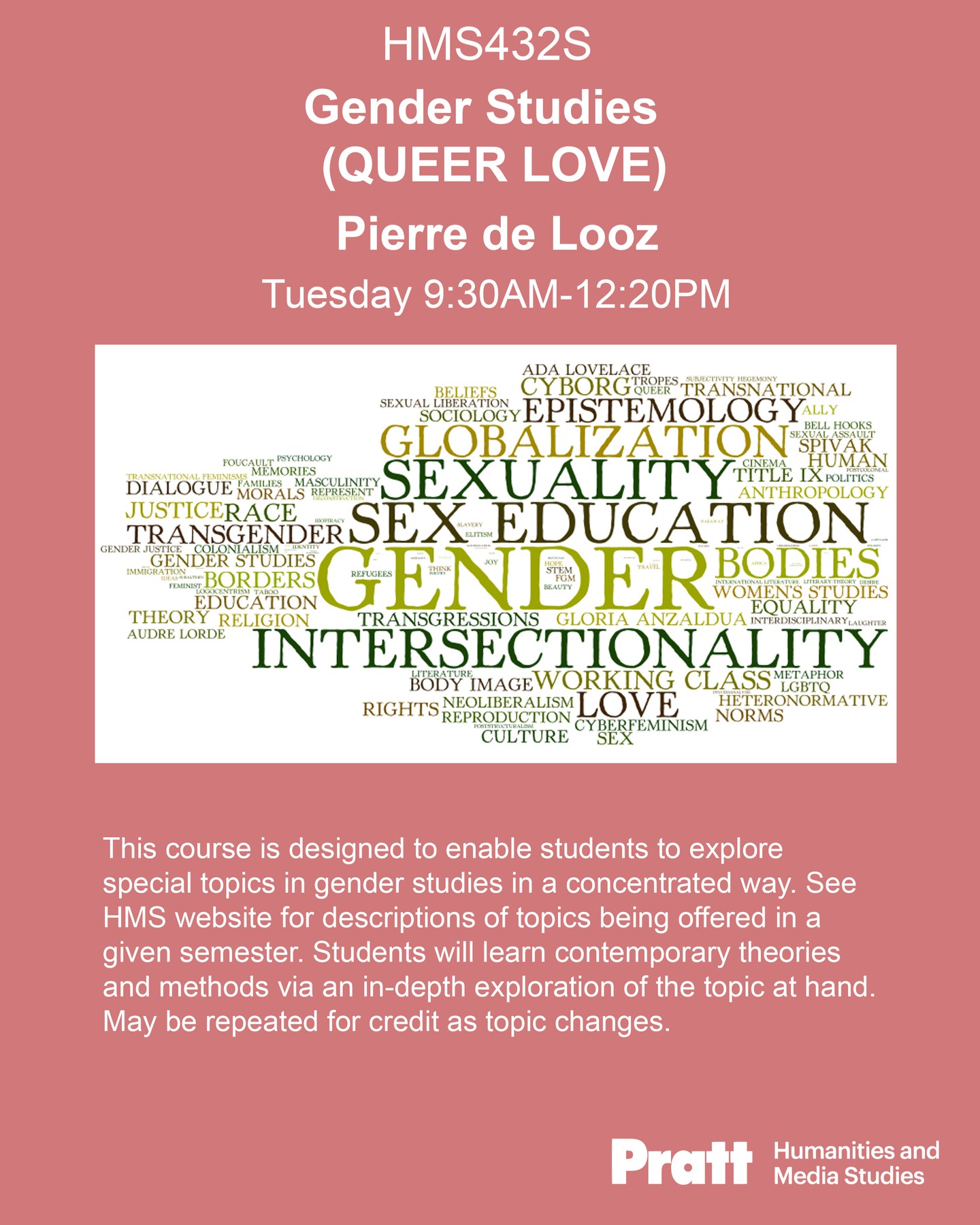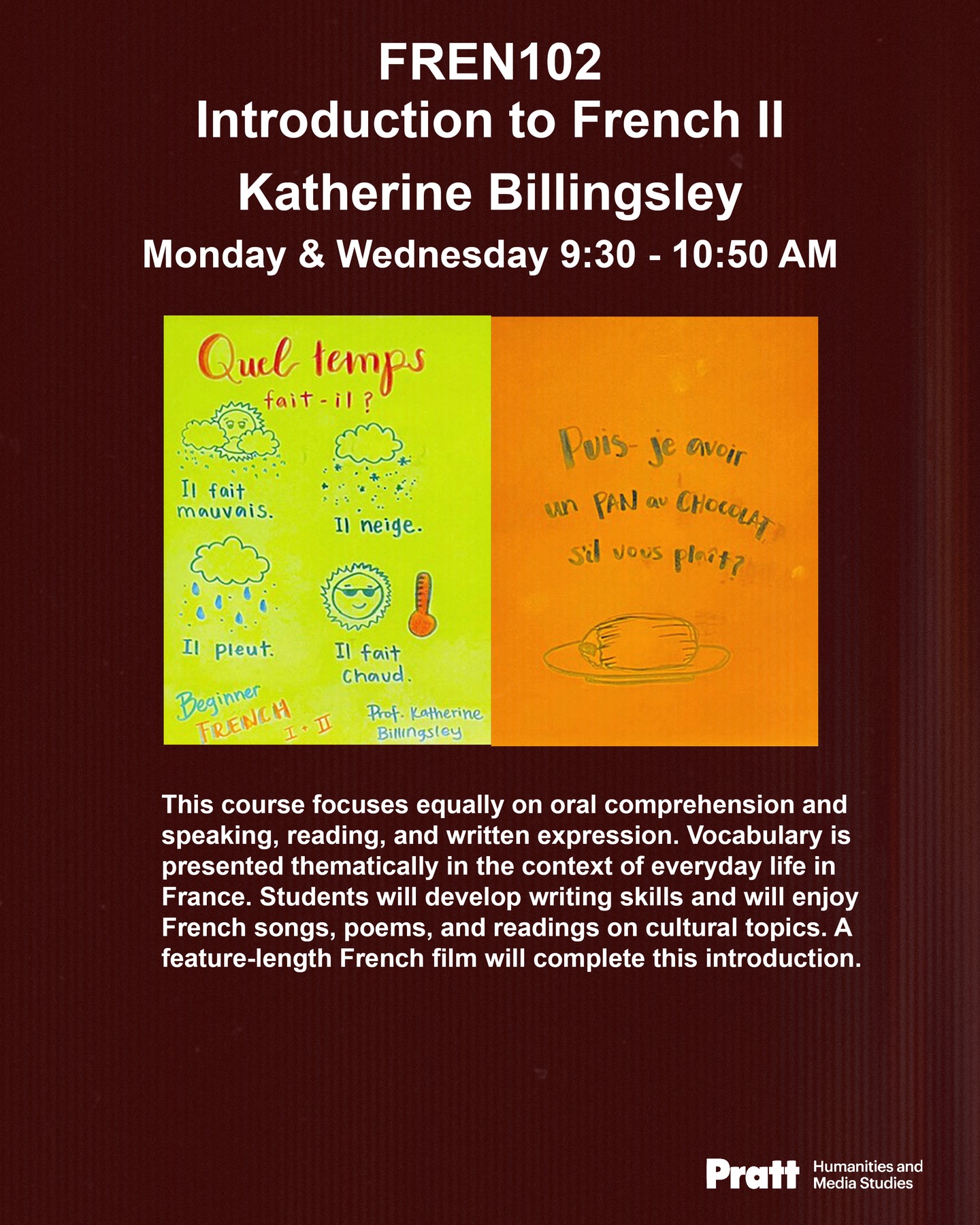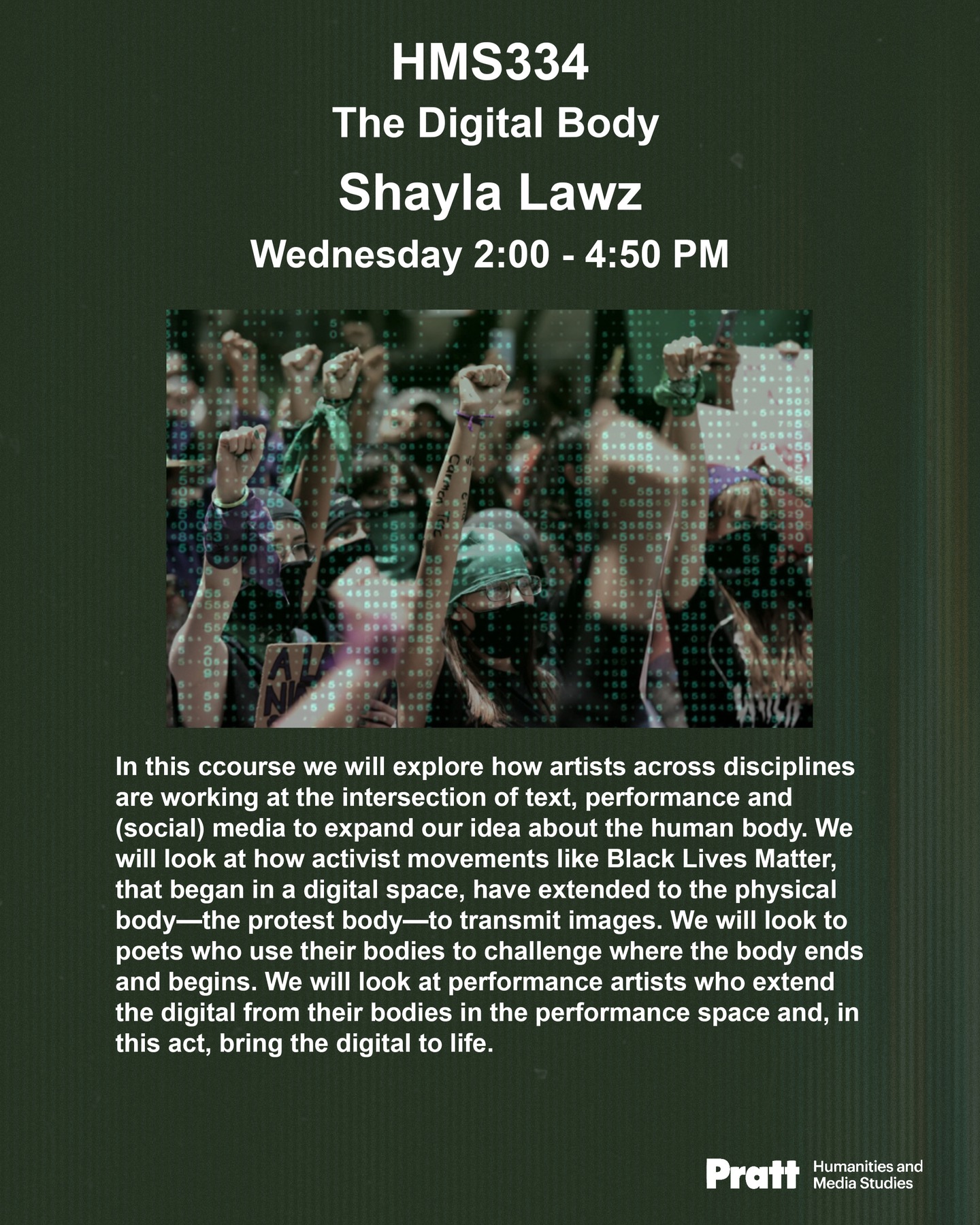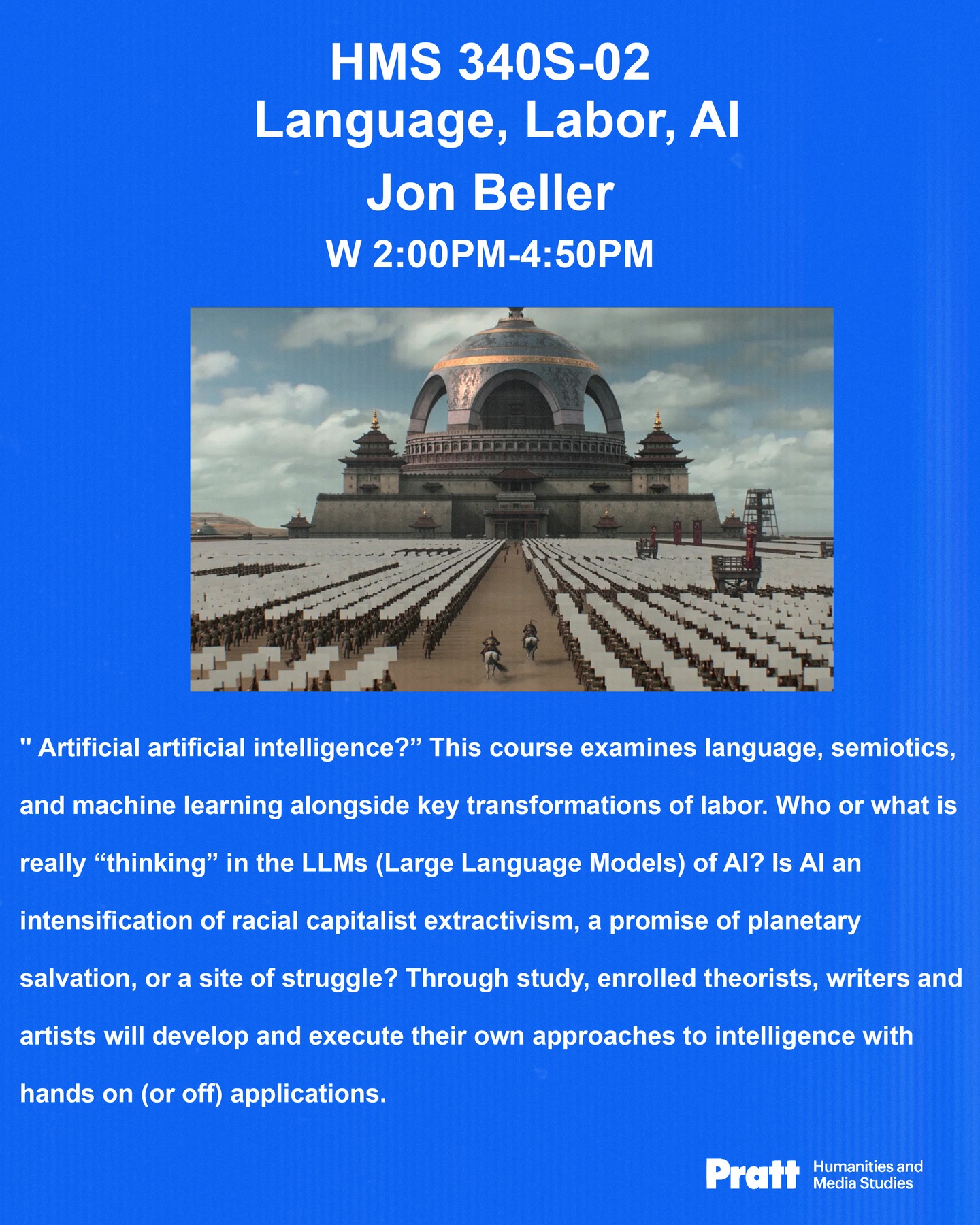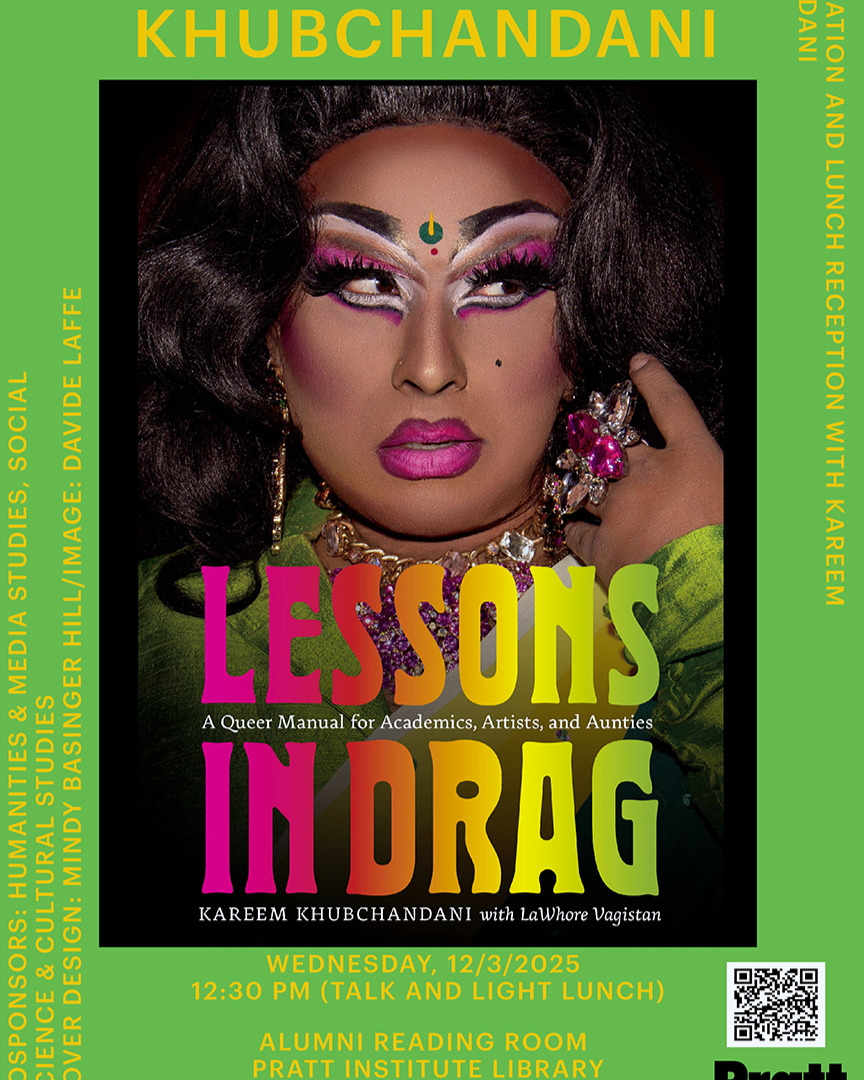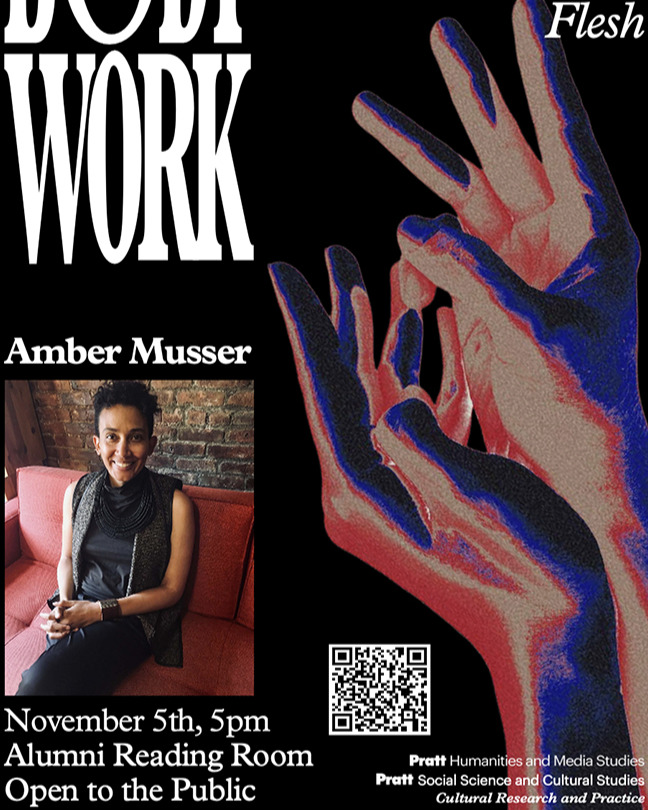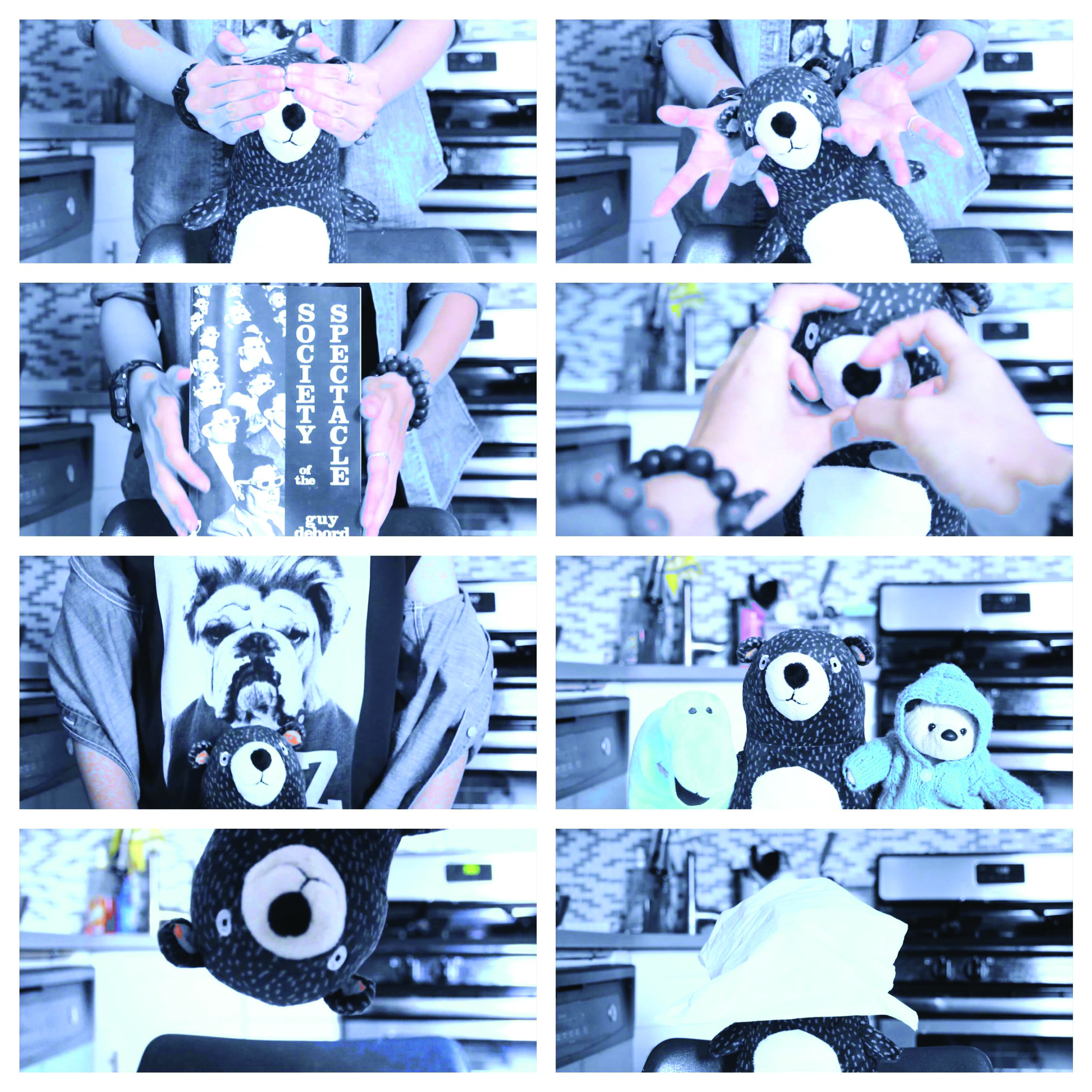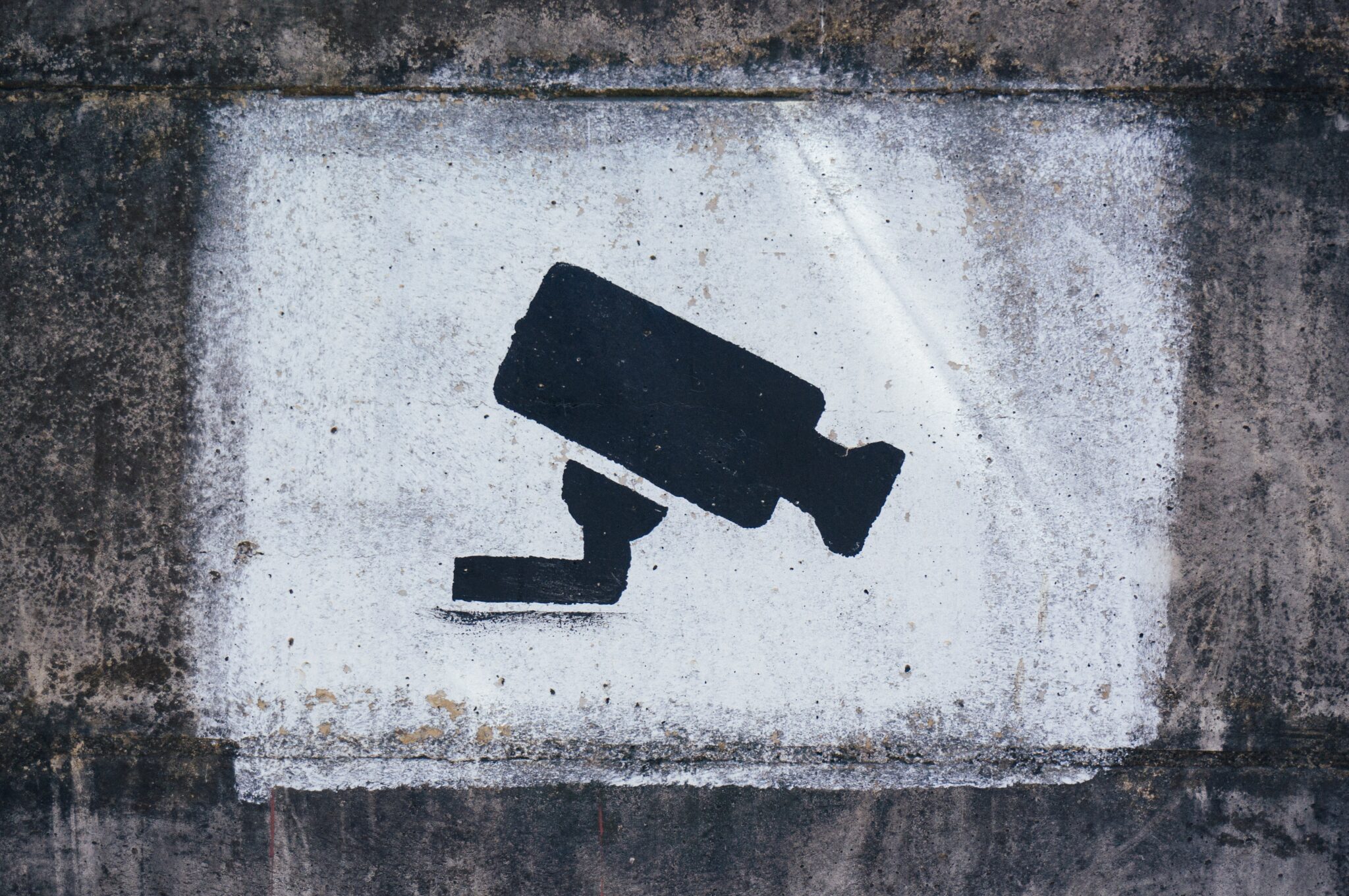
Media pervades culture and society in obvious and subtle ways. The Media Studies Graduate Certificate (MSGC) gives students the critical tools to grapple with the power and workings of media in diverse contexts. Students will have the opportunity to take courses emphasizing the study of sound, music, film, TV digital media, video games, fashion, and other cultural forms that mediate our relationships to ourselves, to others, and to the world. The goal of the MSGC program is to expand the creative and intellectual scope of artists, designers, and scholars to include an informed engagement with media’s many problems and possibilities especially as it intersects with issues of social, economic, and environmental justice.
The MSGC is available to any student currently enrolled in a graduate program at Pratt Institute. Applications are accepted throughout the year and will be reviewed twice each semester by the core faculty in the Graduate Program in Media Studies. Students will receive the Certificate upon completion of two required courses (Mediologies 1 & 2) and two electives for a total of 12 credits. Electives must be taught by core faculty in the Graduate Program in Media Studies.
Electives Menu
| Code | Title | Credits |
|---|---|---|
| HMS-540G | Topics in Cinema/Media Studies: Semiotics of Media: Deleuze, Cinema and Beyond | 3 |
| HMS-540H | Topics in Cinema/Media Studies: Film Theory in Practice | 3 |
| HMS-540I | Topics in Cinema/Media Studies: Film Sound | 3 |
| HMS-540J | Topics in Cinema/Media Studies: Key Concepts in Net Art | 3 |
| HMS-590B | Topics in Music: The Idea of Black | 3 |
| HMS-602 | Race, Performance, Media | 3 |
| HMS-603 | Fashion, Labor, Justice | 3 |
| HMS-612 | Future Worlds and Other Science Fictions | 3 |
| HMS-651 | The Art and Politics of Public Writing | 3 |
| HMS-661A | Race, Gender, Internet | 3 |
| HMS-672A | Bodies, Technology, Visuality | 3 |
Admission Requirements
Applicants must have superior scholastic records or otherwise provide evidence of ability to work effectively and professionally on the graduate level. All applicants must apply using the online application and upload the following top three items and submit requests for recommendations online: Official transcripts of all previous college/university education A statement of purpose describing the applicant’s scholarly interest in the program as well as professional goals. An academic writing sample (no more than 25 pages) Request two letters of recommendation online from academic or professional sources International students whose first language is not English must submit the TOEFL, IELTS, or PTE. The minimum required TOEFL score is 82 (Internet), IELTS of 6.5, and PTE score of 5f3. 2).
Advanced Certificate Coordinator
Gina Marchetti
gmarchet@pratt.edu

